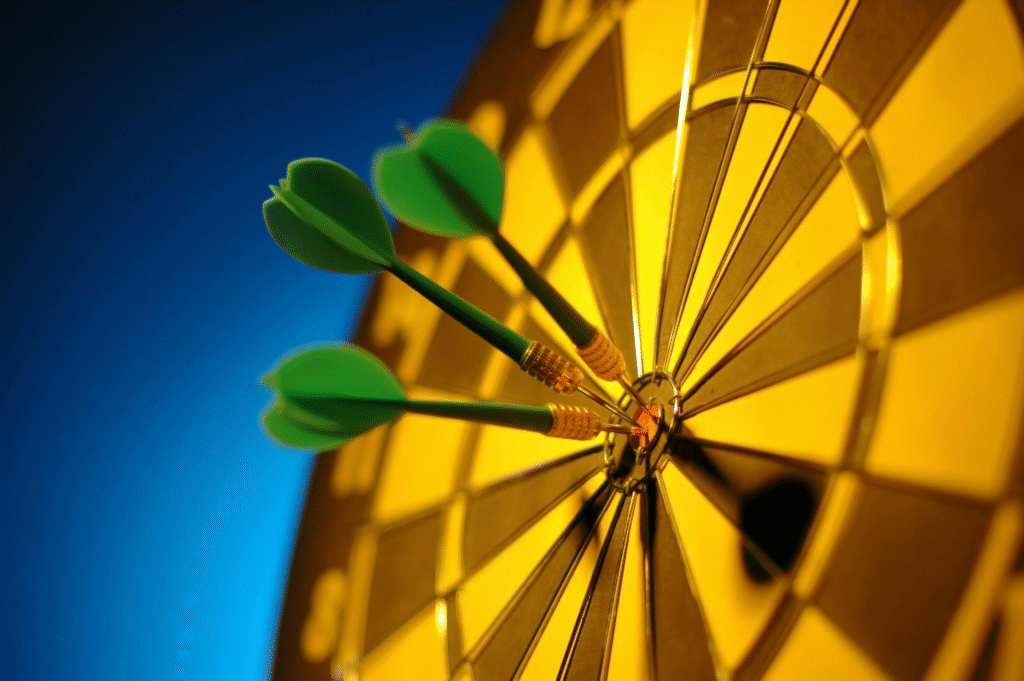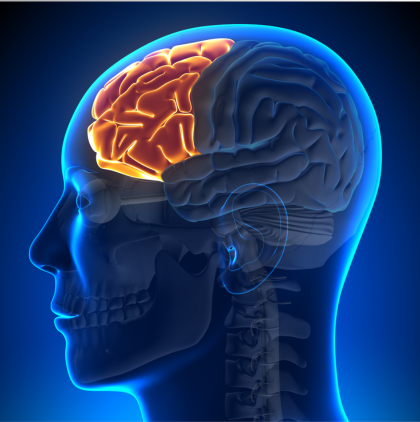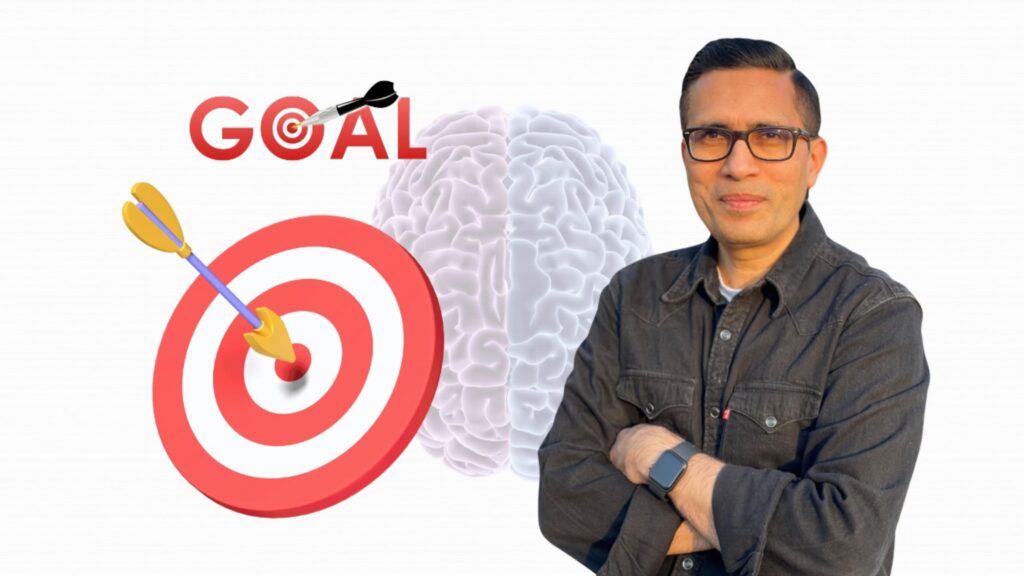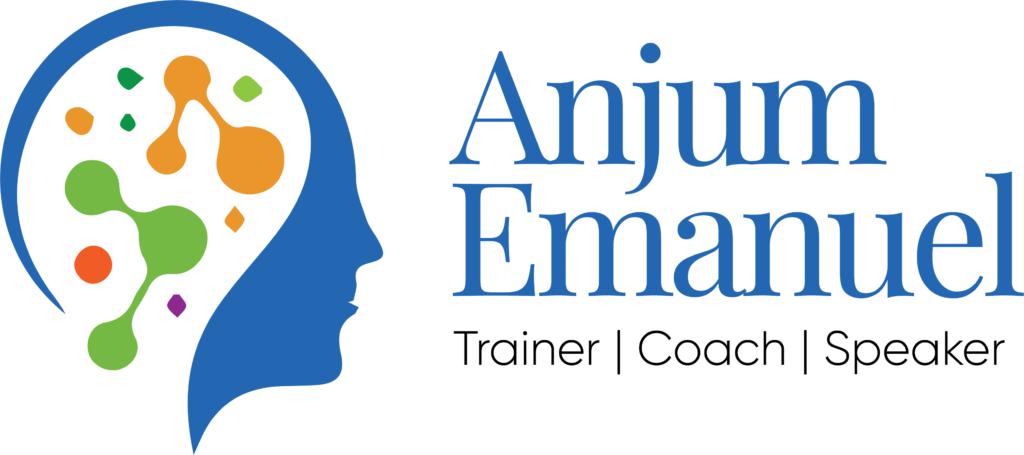Why Accountability Works: What’s Going on in the Brain?
Have you ever found yourself dragging your feet on a goal—until someone else got involved? Suddenly, you’re making progress, ticking off tasks, and following through. That’s not just willpower. It’s your brain responding to accountability—and it’s a powerful driver for personal growth.
We often assume discipline is the key to success, but neuroscience tells a deeper story. When we know someone is paying attention to our progress, something shifts in the brain. Let’s explore why we take action more reliably when we’re being held accountable—and how it fuels lasting transformation and personal growth.

🧠 Your Brain Craves Social Connection
Human beings are wired for social interaction. From an evolutionary perspective, our survival once depended on being accepted and trusted by our tribe. That social wiring is still active in the modern brain.
When we share a goal with someone, areas of the brain involved in social reasoning—like the medial prefrontal cortex—are activated. We begin to think about how we are perceived by others. The brain is particularly sensitive to the idea of social judgement, which can feel more uncomfortable than private failure.
We don’t want to let others down. This discomfort creates just enough pressure to spur action. It’s not about being told off—it’s about protecting our sense of integrity and reliability in the eyes of others. This kind of social accountability is a key part of sustainable personal growth.
🔁 Anticipation Triggers Reward Pathways
When you know someone will check in on your progress, your brain starts to anticipate a response – praise, encouragement, or simply the relief of having done what you said you would.
This anticipation activates the brain’s reward system, especially the release of dopamine, a neurotransmitter linked to motivation and learning. The more we experience this response, the more we associate goal-directed behaviour with a sense of reward. Over time, this creates a helpful feedback loop: do the task → feel good → do it again.
Without accountability, that reward may be delayed or unclear. With someone else involved, the reward becomes more immediate and tangible—even if it’s just a quick message saying, “Well done!” That positive reinforcement builds momentum—and momentum is the fuel for personal growth.

🧩 The Prefrontal Cortex Performs Better with Support
The prefrontal cortex plays a major role in planning, decision-making, and impulse control. But it has a limited capacity, especially when we’re tired, stressed, or juggling too much.
Accountability provides a kind of external support structure for the prefrontal cortex. It reduces the cognitive load by introducing clear expectations and timelines. You don’t have to constantly remind yourself what to do – someone else is doing part of that job for you.
It’s not a weakness to need this. It’s a smart way to work with how your brain functions. And for anyone committed to intentional personal growth, it’s one of the most effective strategies you can use.
❤️ Emotional Investment Makes a Difference
When you tell someone about your goal, it no longer lives quietly in your head. It becomes real, spoken aloud, and emotionally charged. This taps into the brain’s limbic system, which processes emotions and helps to assign meaning to experiences.
You care more. You feel the goal matters. And that emotional investment gives it sticking power.
It’s why a shared goal, a coach, or a mentor can often be the missing piece between intention and action. These connections create the emotional resonance needed to stay committed—and that emotional spark is often the catalyst for long-term personal growth.
🚀 Take the Next Step: Learn to Set Goals That Work with Your Brain
If you’ve had trouble sticking to your goals, it’s likely because you haven’t learned to align them with your brain’s natural functioning—not due to laziness or lack of discipline.
That’s exactly what I teach in my course, “Goal Setting from a Neuroscience Perspective.”

You will learn:
✅ How to set goals that stimulate motivation and attention
✅ Why the brain resists change, and how to overcome it
✅ How to use structure, emotion, and accountability to stay on track
✅ Practical tools rooted in neuroscience to make your goals stick
If you’re ready to move beyond wishful thinking and start achieving meaningful progress, this course is for you. Whether your aim is better performance, stronger habits, or deeper personal growth, it all starts with understanding your brain.
👉 Learn more and Start building your best brain today!






